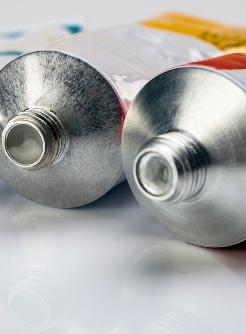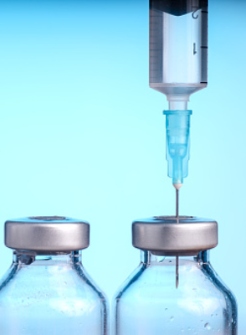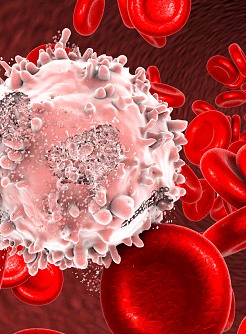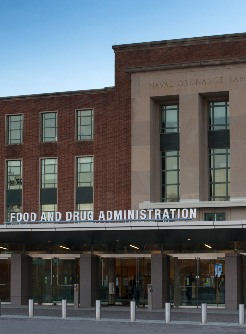Pembrolizumab Improves Quality of Life in Patients With Relapsed/Refractory Classical Hodgkin Lymphoma
By Cameron Kelsall, /alert Contributor
November 3, 2020
Patients with relapsed/refractory classical Hodgkin lymphoma treated with pembrolizumab as part of the KEYNOTE-204 clinical trial experienced improvements in health-related quality of life, according to data presented at the ESMO Virtual Congress 2020.
Conversely, patients who received brentuximab vedotin as part of the study had a marked worsening in health-related quality of life.
Results from the phase 3, randomized KEYNOTE-204 trial showed that treatment with pembrolizumab conferred a clinically meaningful improvement in progression-free survival (PFS) over brentuximab vedotin. Patient-reported quality of life outcomes, captured through the European Organization for Research and Treatment of Cancer Quality of Life questionnaire (EORTC QLQ-C30) and the EuroQoL EQ-5D scale, served as a study endpoint.
The study included data from 296 patients with relapsed/refractory classical Hodgkin lymphoma, who had previously received an autologous hematopoietic stem cell transplant or were transplant-ineligible. The researchers randomly assigned patients to pembrolizumab (200 mg intravenous every 3 weeks; n = 146) or brentuximab vedotin (1.8 mg/kg intravenous every 3 weeks; n = 150).
The researchers observed high compliance rates throughout the study, with compliance rates above 90% at baseline in both groups. At week 24 of treatment, when the first quality-of-life assessments were administered, rates of compliance were 85.8% among patients assigned pembrolizumab and 80% among patients assigned brentuximab vedotin.
Least-square mean (LSM) differences between baseline and week 24 showed that patients assigned pembrolizumab had significant improvements in global health status/quality of life (LSM difference, 8.6; 95% CI, 3.89-13.3; P = .0004) and physical functioning (LSM difference, 6.42; 95% CI, 1.87-10.6; P = .0054) by the EORTC QLQ-C30.
The improvement in global health status/quality of life associated with pembrolizumab over brentuximab vedotin was consistent among patients who progressed (LSM difference, 11.8; 95% CI, 5.66-17.9; P = .0002) and those who did not (LSM difference, 5.1; 95% CI, –2.53-12.7).
Treatment with pembrolizumab further demonstrated improvements in EQ-5D utility (0.09; 95% CI, 0.04-0.14; P = .0004) and visual analog scale score (6.12; 95% CI, 1.91-10.3; P = .0046).
Time to deterioration — measured as a decline of 10 or more points from baseline — was significantly longer among patients assigned pembrolizumab for both global health status/quality of life (hazard ratio [HR], 0.4; 95% CI, 0.22-0.74; P = .003) and physical functioning (HR, 0.56; 95% CI, 0.32-0.97; P = .034).
“The improvement in patient-reported outcomes with pembrolizumab is consistent with the overall efficacy and safety results of KEYNOTE-204,” said Pier Luigi Zinzani, MD, PhD, professor of hematology and head of the lymphoma group, University of Bologna (Italy), during his presentation. “Results support pembrolizumab as the preferred treatment option for patients with relapsed/refractory classical Hodgkin lymphoma that relapsed following stem cell transplant or who are ineligible for transplant.”
















.jpg)





.jpg)






.jpg)
.jpg)
.jpg)
.jpg)
.jpg)
.jpg)
.jpg)

.jpg)
.jpg)